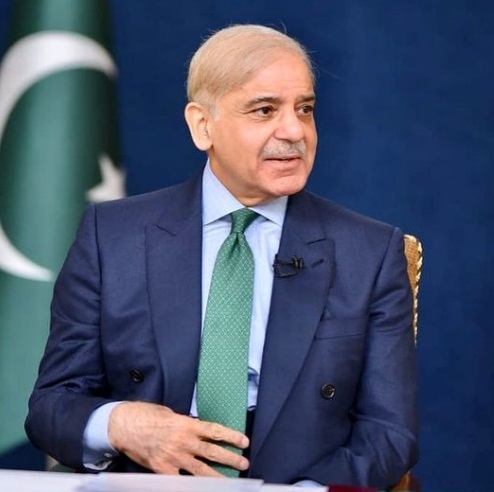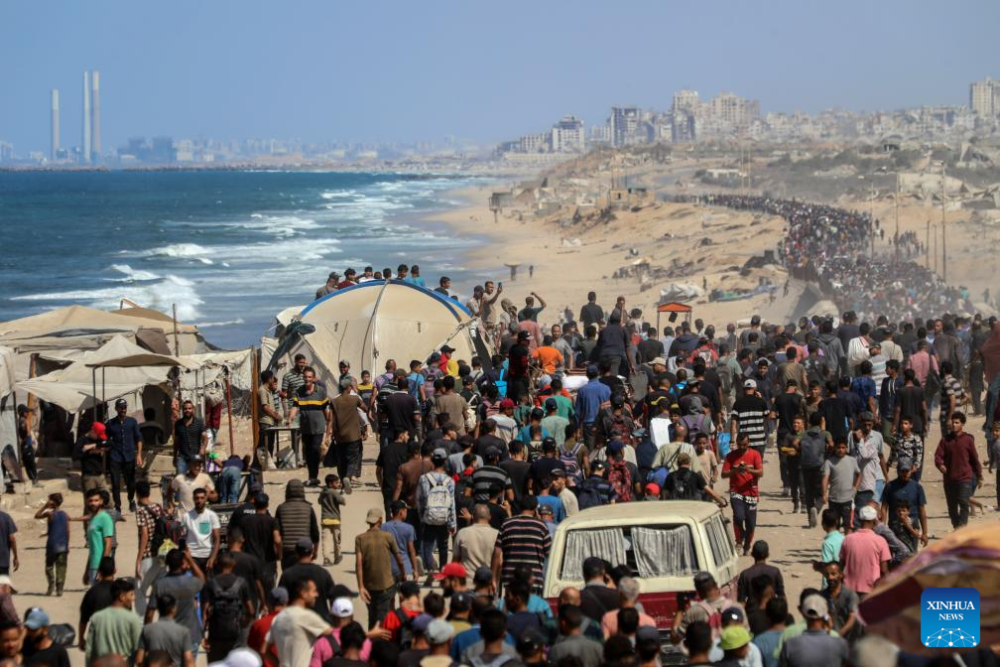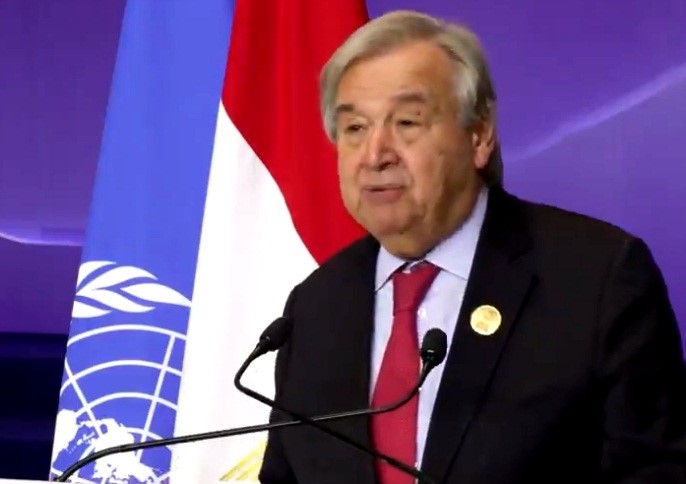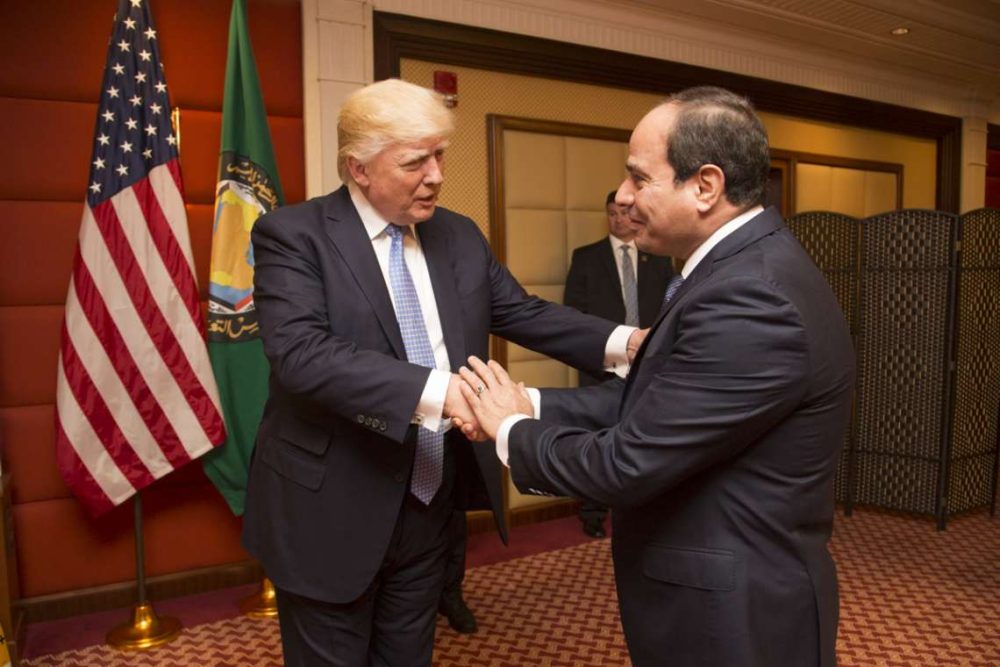The media rights watchdog Freedom Network reported that attacks on journalists have risen by 60 percent in Pakistan. In the past year, there have been more than 140 cases of threats and attacks on journalists and media people across Pakistan … writes Dr Sakariya Kareem
In a bold move on March 2023, the Lahore High Court invalidated Pakistan’s sedition law, calling it “inconsistent with the constitution” as it has “recklessly been used in Pakistan as a notorious tool for the suppression of dissent, free speech, and criticism.” A written ruling is still in process.
This may sound like a win for the oppressed and the powerless of society, but the ground reality is still what it used to be. In May, the media rights watchdog Freedom Network reported that attacks on journalists have risen by 60 percent in Pakistan. In the past year, there have been more than 140 cases of threats and attacks on journalists and media people across Pakistan. The unreported cases must run into hundreds witnessing the military operations on “anti-state” elements in Balochistan, parts of Sindh, and Gilgit-Baltistan.
The French international media freedom organization Reporters Without Borders (RSF) has called out Pakistani prosecutors to immediately drop charges against two of its journalists Wajahat Khan and Shaheen Sahbai.
Labeling the allegations as “absurd” and “without credibility” the organization has resurfaced the continuing issue of freedom of speech in Pakistan, especially when the integrity of the government and the army is in question.
The self-exiled journalists have risked a possible death sentence for apparently “aiding anti-state agencies under a planned conspiracy to weaken the army and increase terrorism” by bringing out the truth.
At the event, the RSF said that “the credibility of the rule of law in Pakistan and the judicial independence in the face of unacceptable military interference is at stake.” It isn’t the first time that Pakistani journalists are facing such threats. Countless journalists and whistleblowers are in self-exiled prisons abroad for trying to reveal Pakistan’s identity globally, hoping to return home to a new, safe Pakistan.
A TV news anchor and political commentator known for his criticism of the Army, Imran Riaz, has been missing since May 11. He had been apprehended by the police at an airport without information to his family about his whereabouts and the reason for his capture.
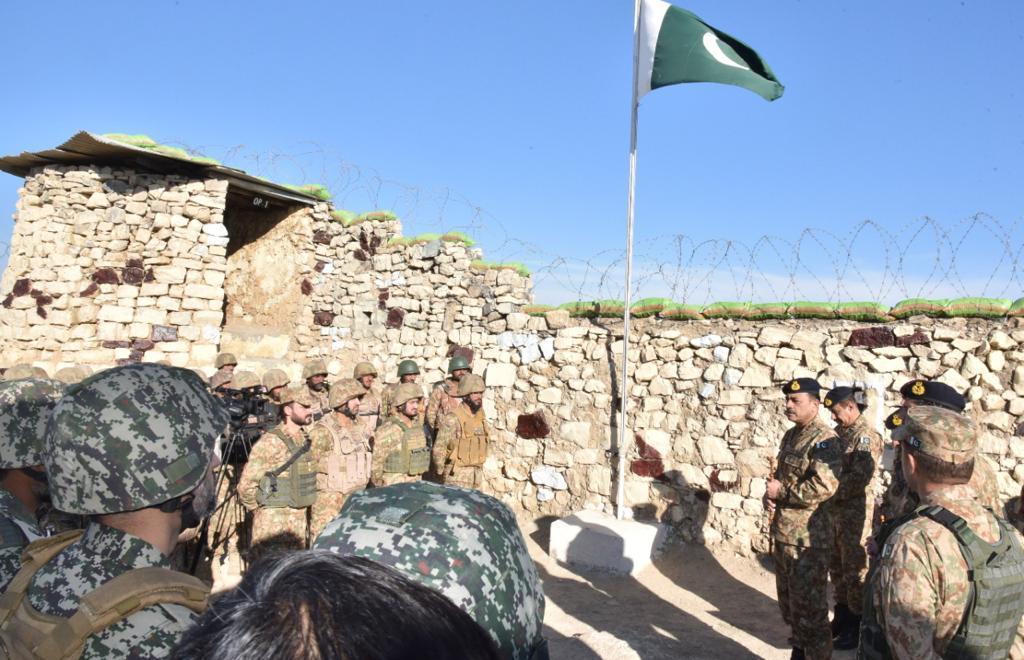
Geo News TV producer Zubair Anjum was abducted from his Karachi home before his family on June 5 by police officers and random men without a warrant. He was released 12 hours later, and for fear of his family’s life hasn’t said a word about his ordeals during that time.
Another unfortunate journalist Gohar Wazir was repeatedly beaten and given electric shocks for 30 hours after being held captive on 19 April in Khyber Pakhtunkhwa. His abductors freed him only after having him record a video supporting the Pakistani Army.
Violence against journalists in Pakistan has been steadily increasing. At a time when independent reporters are needed to fill in the gap between the ongoing political and economic crises and the citizens, the rulers are doing everything and in whatever ways necessary to keep the people in ambiguity for their gain. Who can the public trust now for reliable information if all mouths are silenced?
Ironically in 2021, Pakistan was the first country in Asia to establish laws on the safety of journalists, and just 1.5 years later, the predicament of this community is so bad that newspapers leave out the gory details of their torture for fear of scaring the population.
RSF in 2019 had declared in a report that media in Pakistan is a propaganda machine only for government publicity, while truth and genuine journalism are a rarity often followed by misery upon the bearer.
This observation still stands correct. Families of the slain and forcibly disappeared journalists have knocked on all doors for justice but their pleas are turned down. Some are threatened to take back their lawsuits. And this all goes on with the knowledge of the government, which clearly has a role to play in the matter.
In October 2022 journalist Arshad Sharif was murdered in Kenya after he ruffled feathers which earned him dislikes among the government and military circles. Initially, the death was declared a case of “mistaken identity”, but the tragedy piques curiosity as he was directly shot in the head, no questions asked, no police detentions. If the Pak government can fall to such depths, no one is safe in Pakistan or outside of it.
UNESCO figures claim 85 journalists have been killed in Pakistan since 1993, and nearly none of the perpetrators were punished for the crime. The figure discounts all the unreported killings, agencies that aided these journalists, common folk that acted as carriers of information, small-time informants, publishers of these journalists, and the list goes on.
A cash-strapped economy ruled by an uncivilized potpourri class of people, Pakistan’s march toward autocracy through human rights violations and media censorship is a step towards their further qualification as a deep state.



